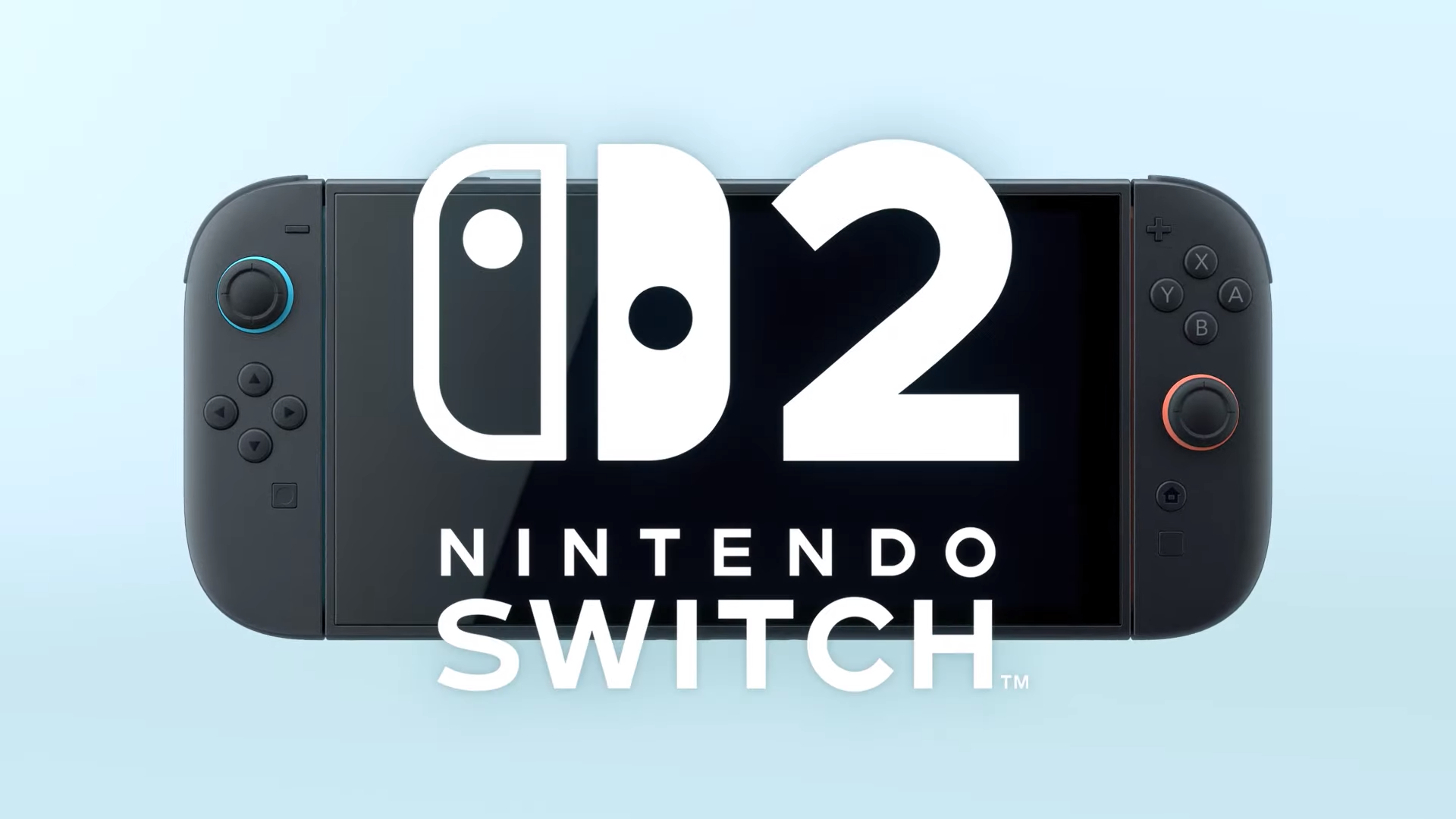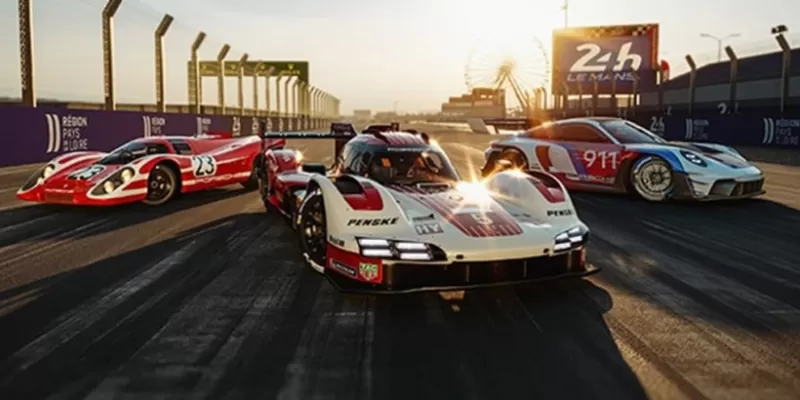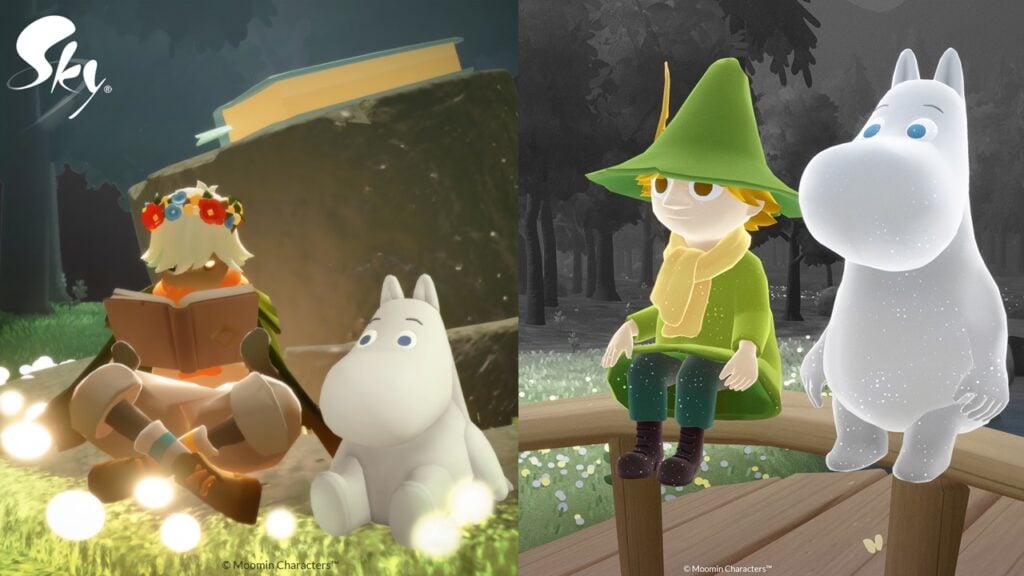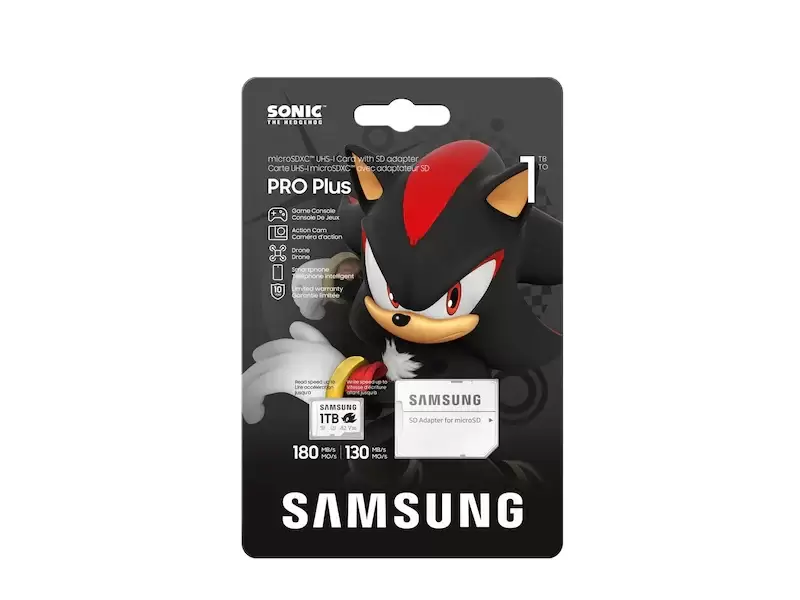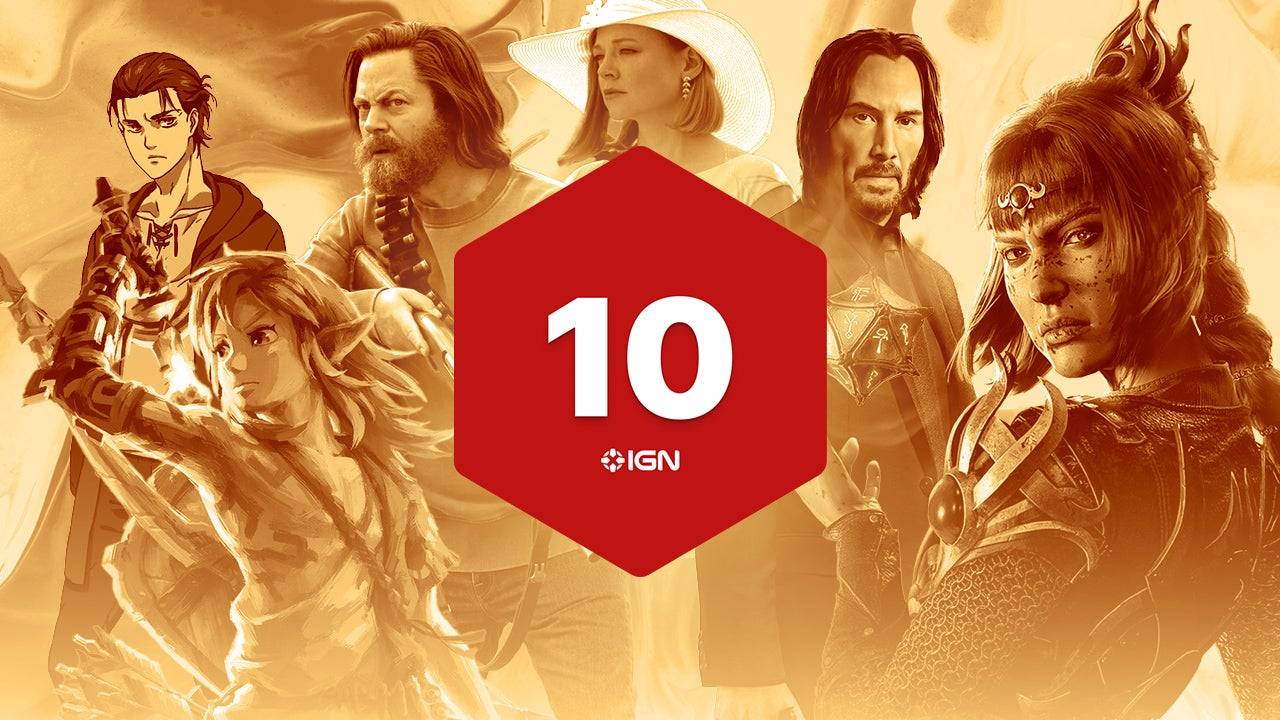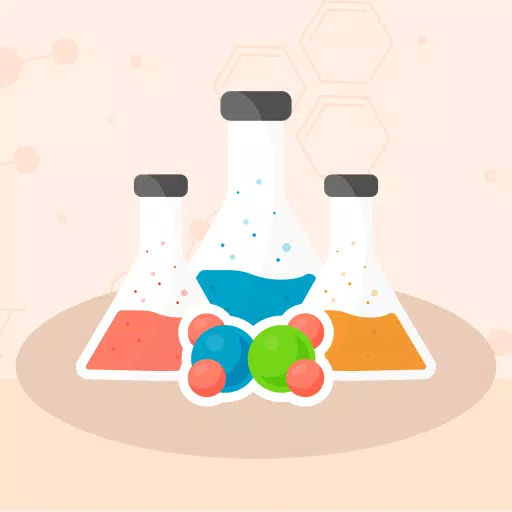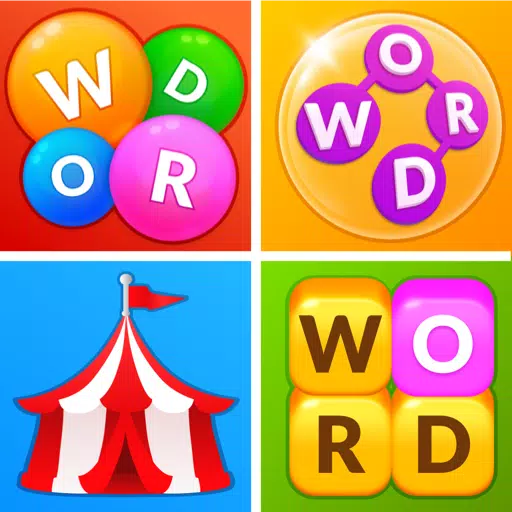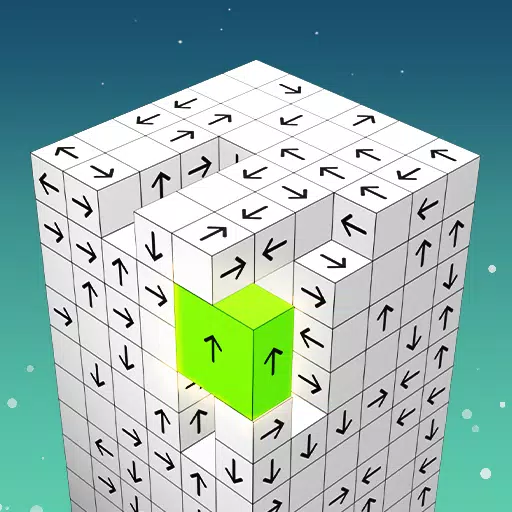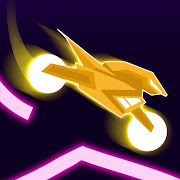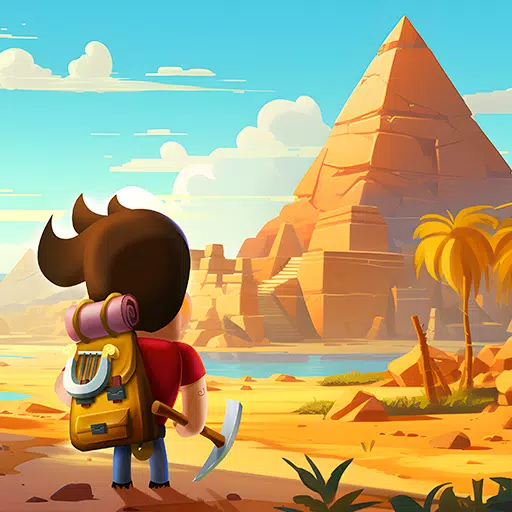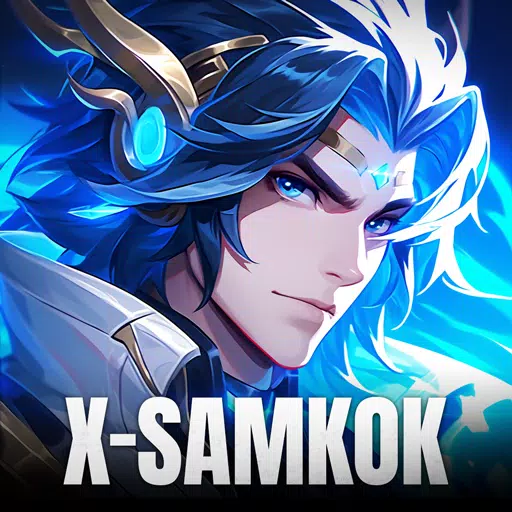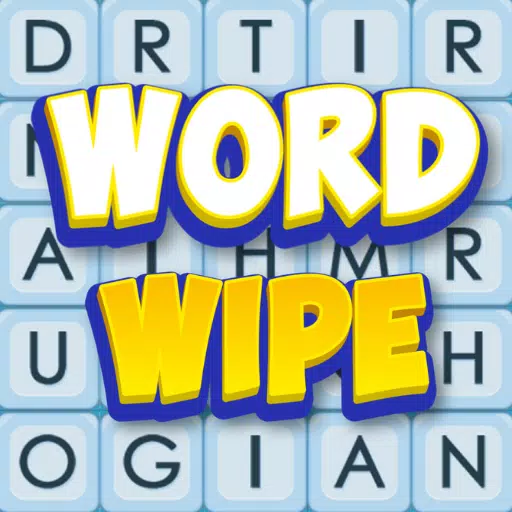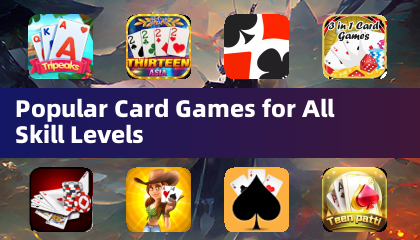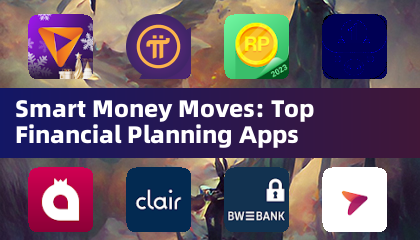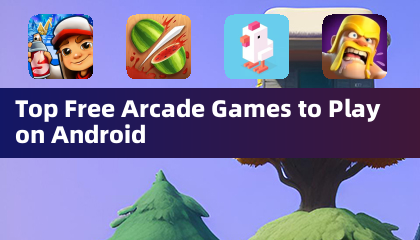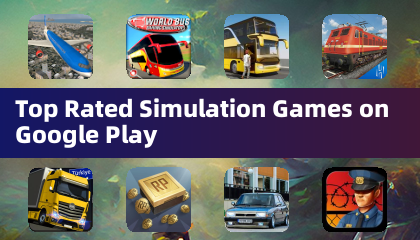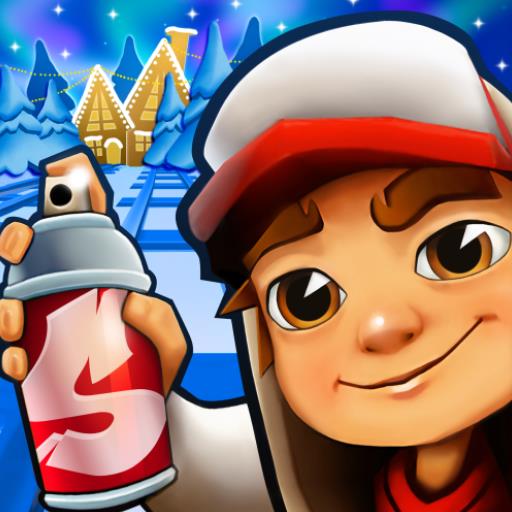Without exaggeration, it can be said that Roblox has captivated millions of players worldwide. In this article, we delve into the intricacies of Roblox Points, their purpose, and how they differ from Robux.
Table of Contents
- What is it?
- Key Features
- The Role of Roblox Points in Game Development
- Encouraging Competition
- Creating Reward Systems
- Balancing Gameplay
- Differences Between Robux and Roblox Points
- Popular Games That Use Roblox Points
What is it?
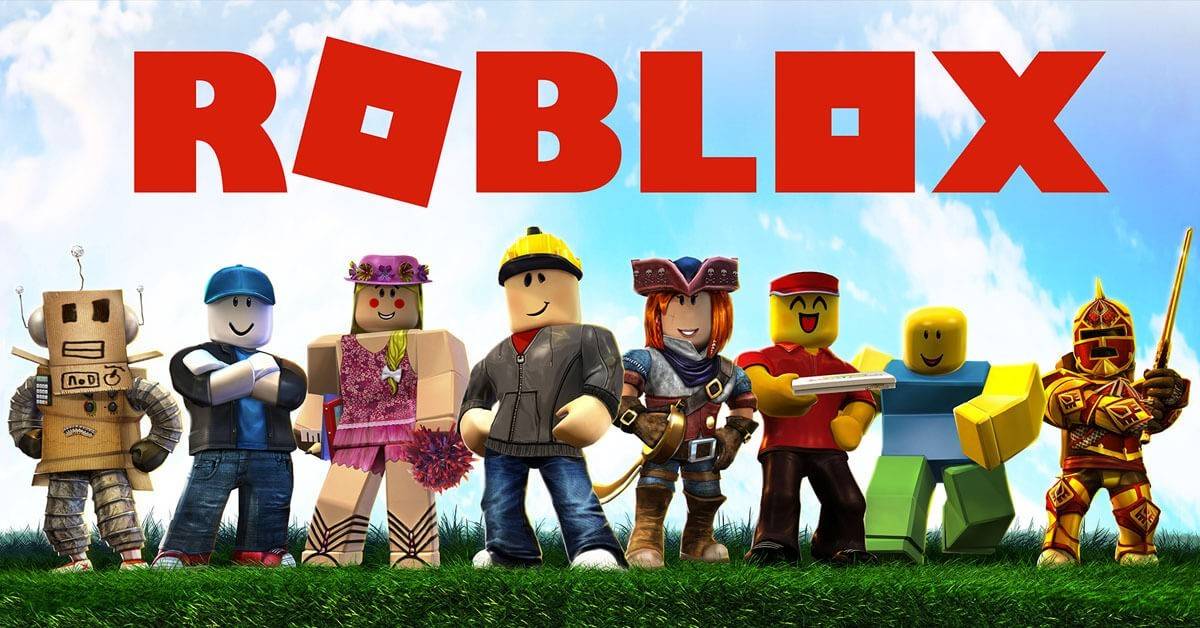 Image: sun9-9.userapi.com
Image: sun9-9.userapi.com
Roblox Player Points serve as an in-game currency, distinct from Robux. These points are typically awarded for completing specific tasks or participating in events within the Roblox platform. Unlike Robux, which players can buy with real money, Roblox Points are earned through gameplay and can be utilized to purchase game passes, upgrades, or special items within certain games.
Key Features
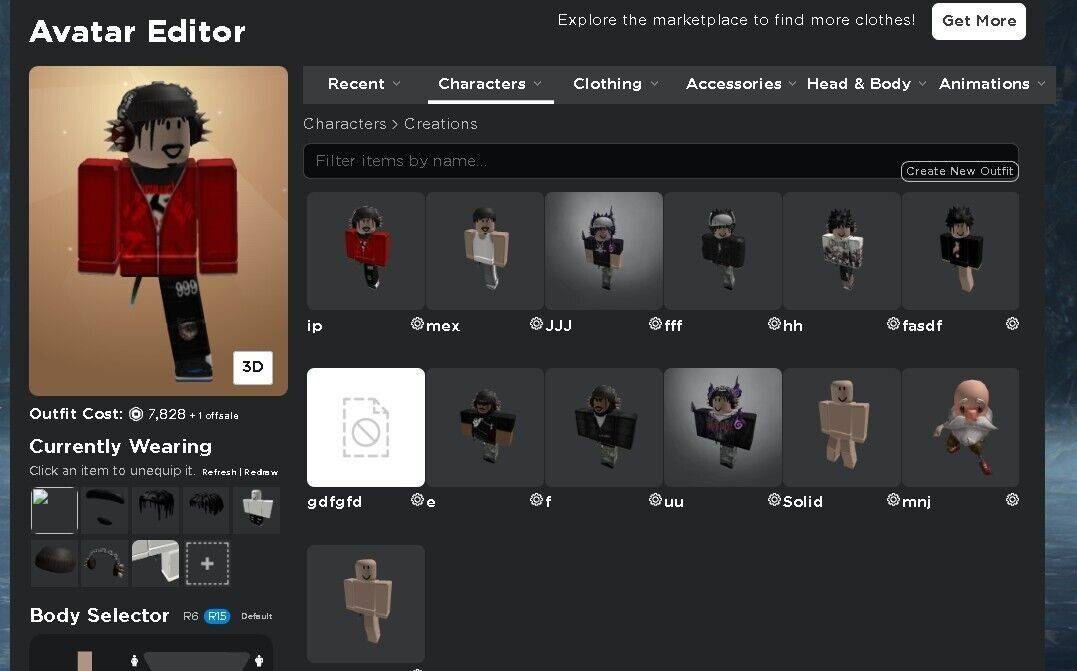 Image: itemsatis.com
Image: itemsatis.com
Players can accumulate Roblox Points through various methods such as completing tasks, winning games, participating in events, or reaching milestones. These methods can vary by game, as developers set their own criteria for distributing points. Unlike the versatile Robux, which can be used across the entire Roblox ecosystem, Roblox Points are often confined to the game in which they were earned. This system not only motivates players to engage more deeply with the game but also enhances their overall satisfaction and desire to continue playing.
The Role of Roblox Points in Game Development
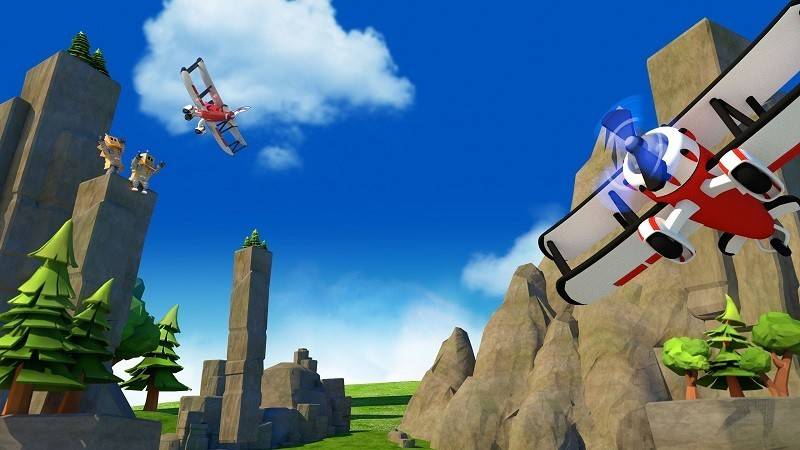 Image: web.archive.org
Image: web.archive.org
For developers, integrating a points system into their games can significantly enhance player engagement and retention. Let's explore the benefits that Roblox Player Points offer to developers.
Encouraging Competition
By incorporating leaderboards and rankings based on accumulated points, developers can foster a competitive environment. This encourages players to hone their skills and strive for higher ranks, leading to longer play sessions and increased community interaction.
Creating Reward Systems
Roblox Points enable developers to establish reward systems that unlock new features or customization options. For instance, players might need to gather a specific number of points to access a unique character skin or a powerful in-game item, enhancing their gaming experience.
Balancing Gameplay
Developers can manage the in-game economy by controlling the rate at which players can earn and spend points. This ensures a balanced gameplay experience, preventing point inflation and maintaining the challenge and reward balance.
Differences Between Robux and Roblox Points
 Image: springhillsuites.marriott.com
Image: springhillsuites.marriott.com
Understanding the differences between Robux and Roblox Points is essential for both players and developers. Let's examine these distinctions more closely.
Robux, a premium currency, can be acquired with real money, whereas Roblox Points are earned through gameplay. This fundamental difference affects how players interact with these currencies and perceive their value. Robux offers versatility, allowing purchases across the entire Roblox platform, while Roblox Points are typically limited to specific games. For developers, Robux presents a revenue stream through in-game purchases, whereas Roblox Points, being earned rather than bought, do not directly generate income.
Popular Games That Use Roblox Points
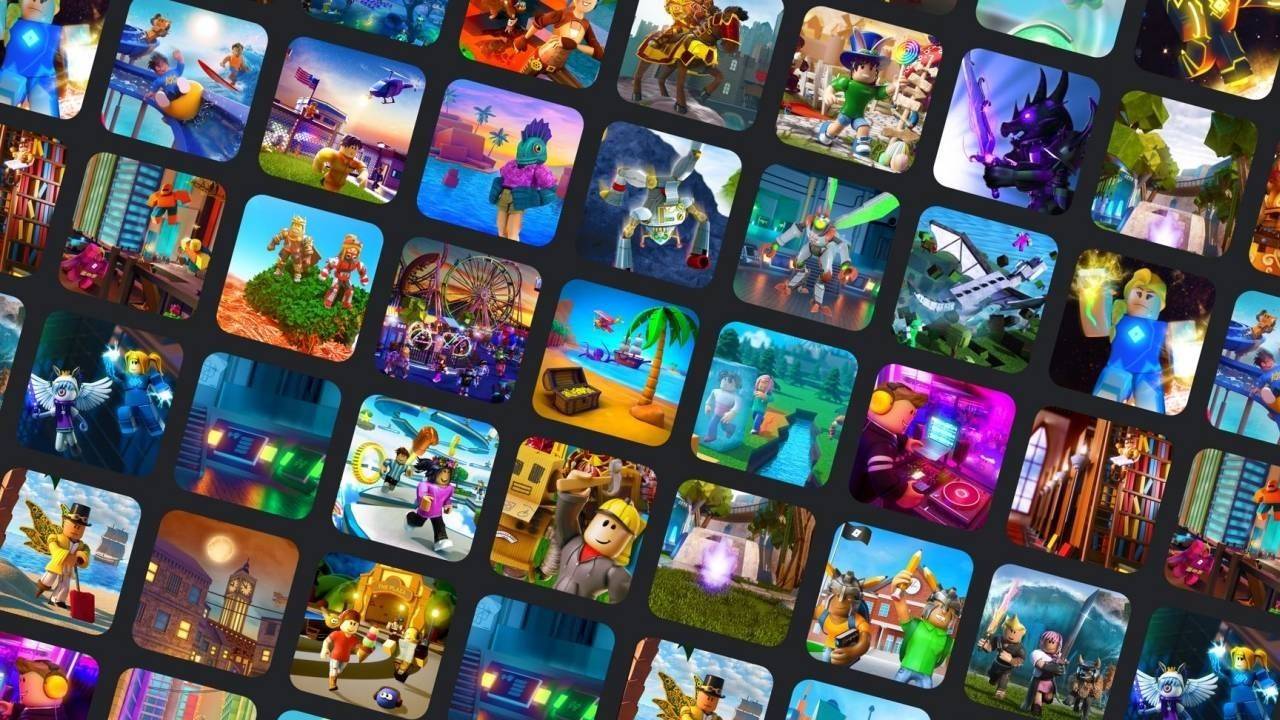 Image: web.archive.org
Image: web.archive.org
Adopt Me! is a highly popular game on Roblox that uses a points system to reward players for completing tasks and caring for their pets. These points can be spent on upgrades, special items, or customizing characters.
Brookhaven is a social party game where players earn points through mini-games and activities. These points can then be used to purchase new houses, vehicles, and other features, enhancing the social experience.
Theme Park Tycoon 2 is a simulation game where players earn points by successfully managing an amusement park. These points are crucial for purchasing rides and expanding the park, adding a strategic layer to the gameplay.
Roblox Points significantly enhance the gaming experience by motivating players to engage more deeply with individual games and providing developers with tools to encourage prolonged interaction with their creations.

